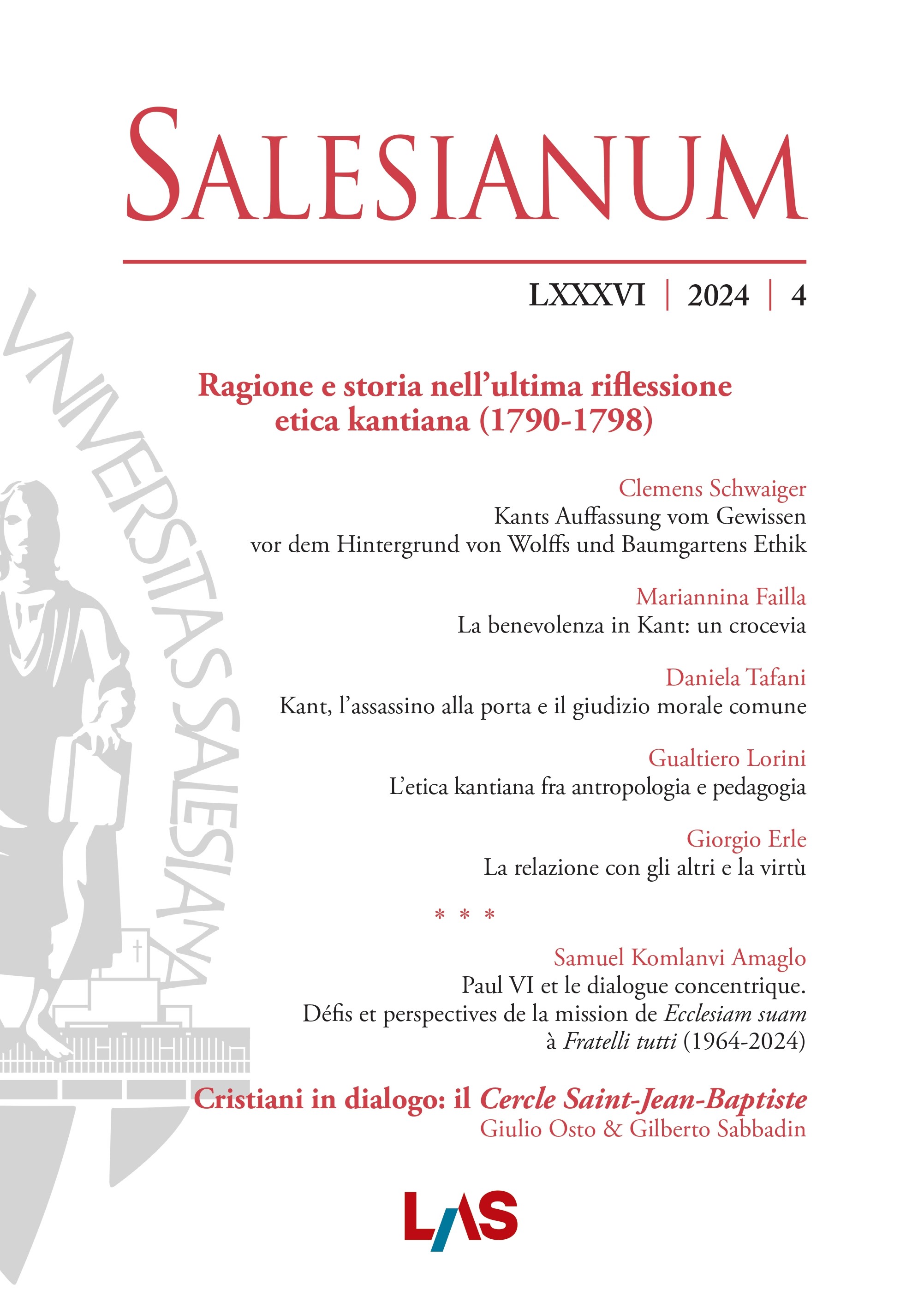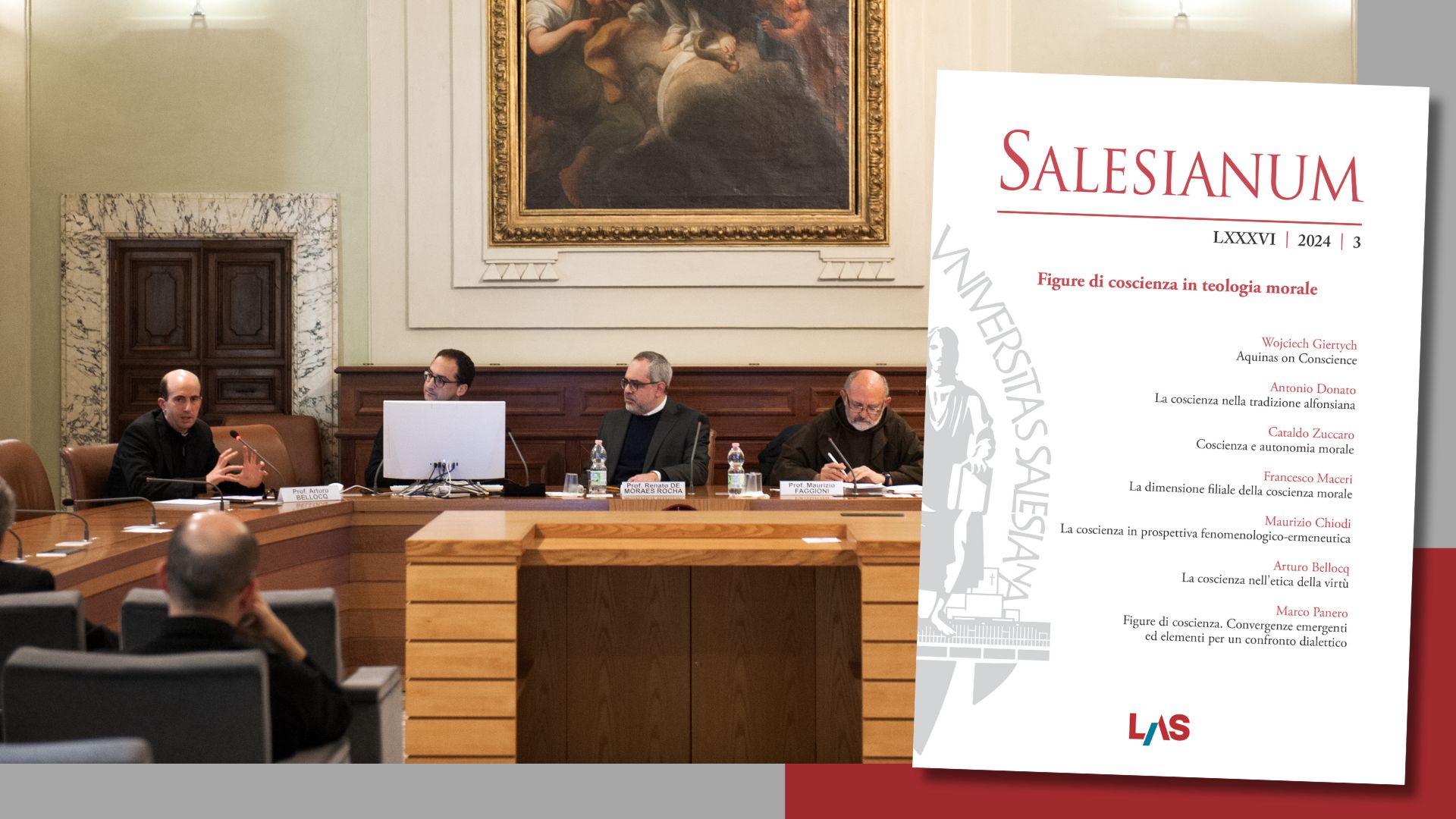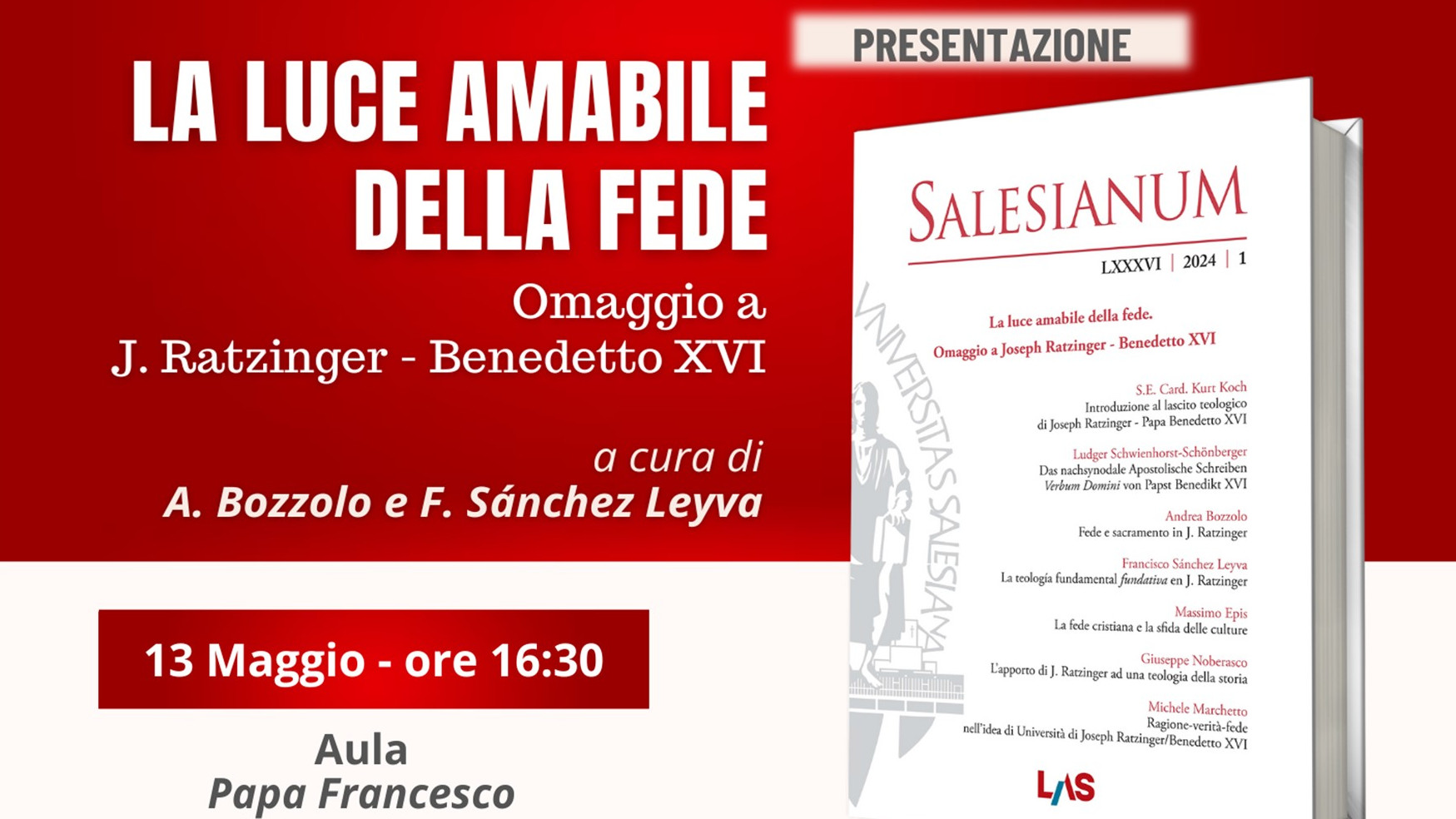Teologia sacramentaria e teologia liturgica: il sorgere e l'affermarsi di un nuovo rapporto
Salesianum vol. 81 (2019) n. 4, 637-652
Sezione: Studia
Sommario
L’autore si propone, mediante una serie di 12 affermazioni, di mettere a fuoco alcune prospettive sintetiche a partire dalla riflessione complessiva sul rilievo assunto dall’azione rituale nel modo di operare e di pensare nella teologia dei sacramenti. Tali affermazioni sono elaborate con una loro interna gradualità e offrono l’occasione per valutare i cambiamenti che sono stati operati sul piano della teologia e della pratica ecclesiale mediante il convergere di riflessione teologica e di azione pastorale. Tra le affermazioni, l’autore considera che le categorie classiche, che distinguono strutturalmente e pesantemente tra sostanza e accidenti e tra essenza e usi, oggi non permettono più un’adeguata intelligenza del mistero. Per questo la strutturazione di una “nuova teologia sacramentaria” è l’esito del sorgere della “teologia liturgica” la quale non “sostituisce” la teologia sacramentaria, ma la traduce e la integra, la riformula e l’aggiorna anzitutto dal punto di vista teorico. È l’apparire di un nuovo metodo teologico che assicura una nuova ermeneutica della tradizione liturgica ed ecclesiale, sulla base di una nuova comprensione storica e di una nuova attenzione culturale.
Abstract
The author proposes himself, through a series of 12 affirmations, to focus on some synthetic perspectives starting from the overall reflection on the importance assumed by the ritual action in the way of working and thinking within the theology of the sacraments. These affirmations are elaborated with an internal graduality of their own and offer us an opportunity to evaluate the changes that have been made on the level of theology and of the ecclesial practice through the convergence of the theological reflection and pastoral action. Among the affirmations, the author considers that the classical categories, which structurally and heavily distinguish between substance and accidents and between essence and uses, no longer permit an adequate intelligence or understanding of the mystery today. For this reason, the structuring of a “new sacramental theology” is the outcome of the emergence of the “liturgical theology”. This does not “replace” the sacramental theology, but it translates and integrates it, formulates and updates it, most especially from the theoretical point of view. It is the appearance of a new theological method that ensures a new hermeneutic of the liturgical and ecclesial tradition, basing on a new historical understanding and a new cultural focus.


